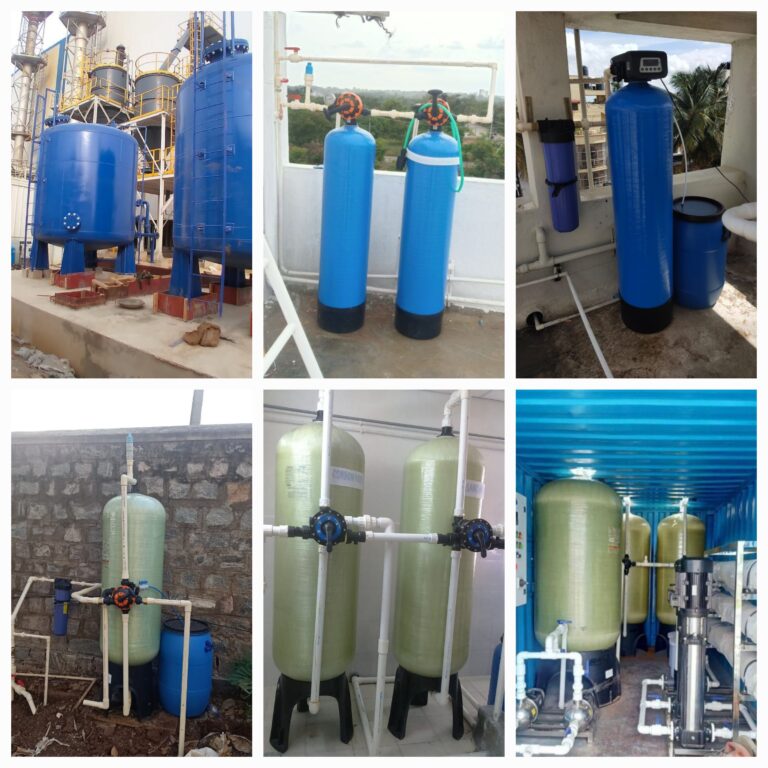- Introduction
- Understanding Sustainable Water Management
- What is Sustainable Water Management?
- Importance of Sustainable Water Management
- NWT FILTRATION’s Commitment to Sustainability
- Innovative Practices in Sustainable Development
- Water Sustainability Projects
- Sustainable Water Treatment Strategies
- Defining Sustainability in Water Treatment
- Sustainable Strategies for Water Management
- Advantages of Sustainable Water Practices
- Environmental Benefits
- Economic and Social Benefits
- Conclusion
- FAQs (Frequently Asked Questions)
- What are the sustainable practices of water?
- What are the sustainable practices and systems in water supply?
- What is sustainability in water treatment?
- What are the sustainable strategies for water management?
- How can individuals contribute to sustainable water practices?
1. Introduction
In a world where water scarcity is becoming increasingly prevalent, the importance of sustainable water practices cannot be overstated. NWT FILTRATION, a leader in water treatment solutions, is committed to revolutionizing the way we manage our water resources sustainably.
2. Understanding Sustainable Water Management
2.1 What is Sustainable Water Management?
Sustainable water management involves implementing strategies that ensure the availability and quality of water for present and future generations while also safeguarding the environment.
2.2 Importance of Sustainable Water Management
Discussing the critical role sustainable water management plays in preserving ecosystems, supporting economic development, and enhancing community well-being.
3. NWT FILTRATION’s Commitment to Sustainability
3.1 Innovative Practices in Sustainable Development
Exploring NWT FILTRATION’s groundbreaking approaches to sustainable water and energy resource development.
3.2 Water Sustainability Projects
Highlighting NWT FILTRATION’s involvement in projects aimed at promoting water sustainability on a global scale.
4. Sustainable Water Treatment Strategies
4.1 Defining Sustainability in Water Treatment
Examining how NWT FILTRATION incorporates sustainability principles into its water treatment processes.
4.2 Sustainable Strategies for Water Management
Discussing NWT FILTRATION’s initiatives to minimize water waste, optimize water usage, and mitigate pollution.
5. Advantages of Sustainable Water Practices
5.1 Environmental Benefits
Detailing the positive impact of sustainable water practices on ecosystems, biodiversity, and climate change mitigation.
5.2 Economic and Social Benefits
Exploring how adopting sustainable water practices can lead to cost savings, increased resilience, and improved social equity.
6. Conclusion
In conclusion, NWT FILTRATION’s commitment to sustainable water practices underscores the urgent need for innovative solutions in water management. By prioritizing sustainability, we can ensure a more resilient and prosperous future for generations to come.
7. FAQs (Frequently Asked Questions)
Q1: What are the sustainable practices of water?
A1: Sustainable water practices include efficient water use, conservation measures, and the implementation of eco-friendly water treatment technologies.
Q2: What are the sustainable practices and systems in water supply?
A2: Sustainable water supply systems focus on reducing water wastage, harnessing alternative water sources like rainwater harvesting, and promoting community engagement in water conservation efforts.
Q3: What is sustainability in water treatment?
A3: Sustainability in water treatment involves adopting processes and technologies that minimize environmental impact, conserve resources, and ensure long-term water quality.
Q4: What are the sustainable strategies for water management?
A4: Sustainable water management strategies encompass integrated water resource management, stakeholder collaboration, and the promotion of water-efficient practices across sectors.
Q5: How can individuals contribute to sustainable water practices?
A5: Individuals can contribute by reducing water consumption, supporting sustainable businesses, advocating for policy changes, and participating in community initiatives aimed at water conservation.
